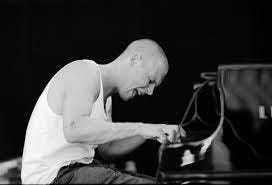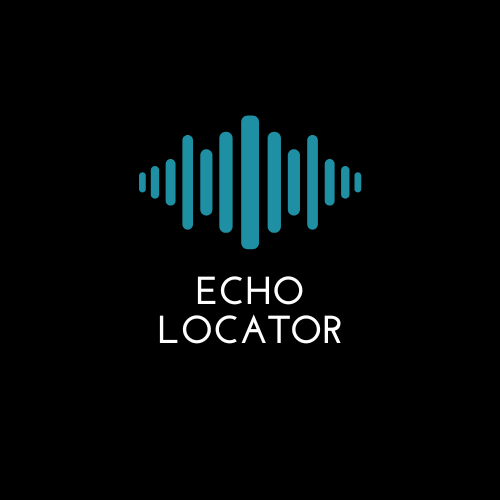Shortly before he died in a scuba accident in 2008, Esbjorn Svensson sat at his home piano and recorded himself playing solo. It’s impossible to know what the leader of the Swedish Esbjorn Svensson Trio, or E.S.T., intended to do with the material – it could have been just for practice, or a stream-of-consciousness writing exercise, or (as longtime E.S.T. audio engineer Ake Linton suggested in a New York Times interview), a refinement of song ideas Svensson explored during sound checks before gigs.
Svensson left no instructions, and apparently wrote nothing down about this; his widow, Eva, discovered the nine tracks on a homemade CD marked “Solo” in his studio nearly a decade after he died. The pieces were released as Home.S. by the ACT Music label last November.
The key context to know: Svensson recorded 11 albums with bassist Dan Berglund and drummer Magnus Öström as E.S.T., among them the texture-rich Seven Days of Falling (2003) and its sprawling, profoundly melodic followup Viaticum (2005).
Svensson never released anything solo.
So when this discovery was announced, those of us who revere the sonically adventurous and genreblind explorations of E.S.T. were understandably curious. The existence of this music offered the intriguing possibility of learning about Svensson’s compositional approach in something close to real time. Even if the pieces were just off-the-cuff improvisational musings – and some do feel that way – the intimacy of the setting promised a peek behind the curtain.
Because of its singularity in the Svensson discography, Home.S. can’t be lumped in with the Super Deluxe editions of classics like John Coltrane’s Blue Train discussed here last week. Still, a similar question about the artist’s intent applies: It’s impossible to know whether Svensson considered these pieces finished, or as just some midpoint step on a journey he intended to pursue later. Except…..he didn’t get a later. What to do with the work he left behind? Would he have wanted to share it?
This illustrates just how situational the decisions about unreleased work can be. For me, a crucial question has to do with musical/historical resonance: Where the Coltrane outtakes show the great saxophonist and his cohorts reworking the lines and devices we hear on the original release, Home.S. presents an influential artist in the proverbial “different light,” or at least a setting that his audience never experienced before. The work enhances our understanding of Svensson as both musician and composer. Hearing him play alone teaches about his sense of density and space and tension-building — as well as the way he operated within the dynamic of his mercurial and highly intuitive trio.
And apart from all that, the music of Home.S. is simply gorgeous. At times Svensson shows offhand fluency with the canny knotwork of Shostakovich. At times his melodies emerge from a mood of thick reflection, resembling the late piano music of Schubert and at the same time, the solo flights of Keith Jarrett. There are pieces (“Gamma”) that could have started as Methodist hymns – but evolve into pensive, inward-turned meditations that, unlike the stuff in the hymn books, doesn’t always repeat at reassuring intervals.
All of the pieces share a key E.S.T. trait: They’re journeys, ambling and evolving in graceful ways over time. Many of the reviews have described the music as having a melancholic quality, and that’s audible – and at least partly because Svensson takes his time allowing things to unfold. He’s not pushy with his muse: He follows his themes around sharp corners and then waits to see what might happen next. His open spaces can convey a distinctly wintery feeling of isolation, but can also reveal more tangled emotions – those runaway thoughts and conflicted impulses that spring up, suddenly, from the quiet of meditation.
I’m grateful that Home.S. exists, and that its animating idea has to do understatement – a vanishing trait in the endless contentious shouting match of our present moment. It’s a message in a bottle from a (slightly) more open-hearted time, and a reminder that where the fuzzy ethics of vault discovery are concerned, things are getting worked out on a case-by-case basis.
Yes, we have a digital suggestion box. Please share your favorite overlooked/underloved records at: echolocatormusic@gmail.com.








I will certainly listen to this music. I didn’t know about him.
They were impressive...we did a show with them at North Star!